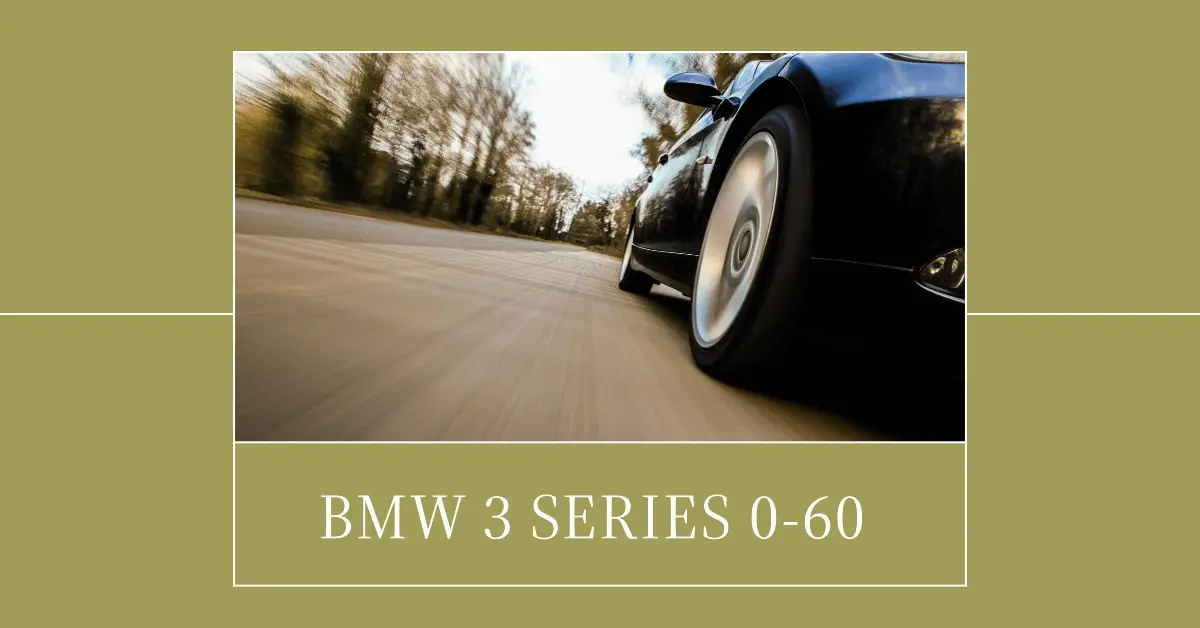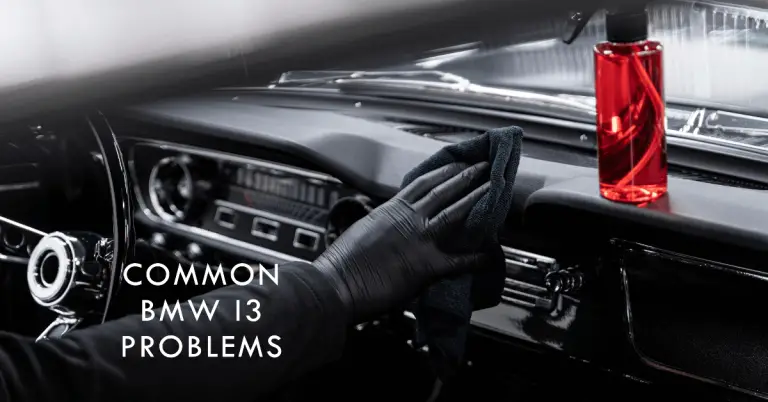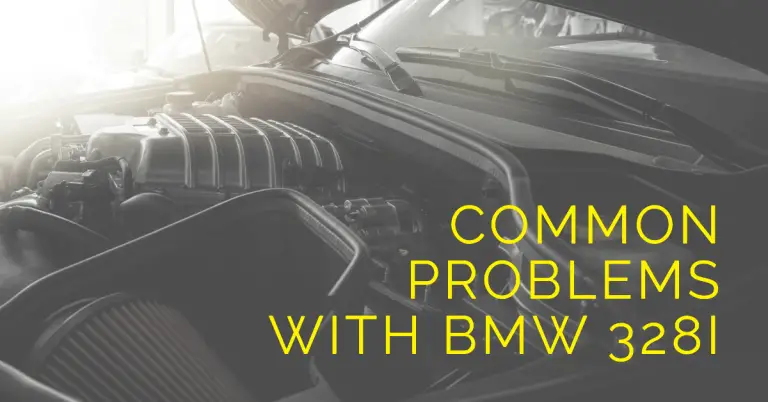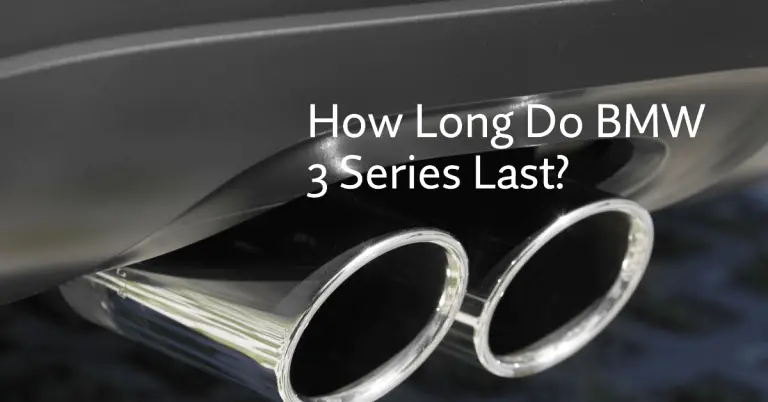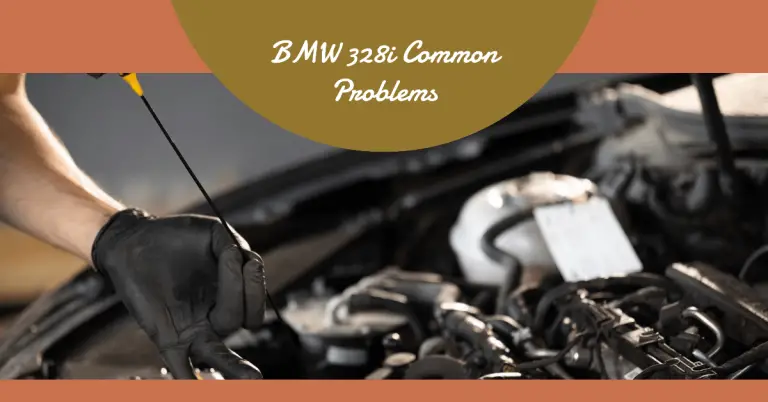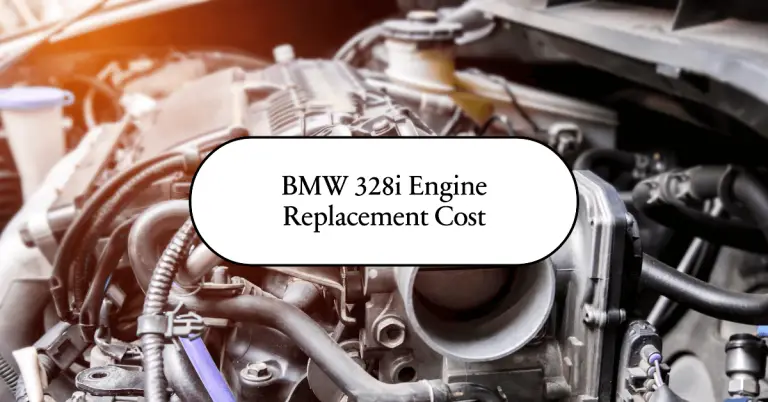BMW 3 Series 0-60: Acceleration and Performance Review
The BMW 3 Series has long been renowned as one of the best performing and most luxurious sports sedans on the market. But how quick is it really off the line? In this comprehensive review, we’ll dive into the nitty gritty details on BMW 3 Series 0-60 times, horsepower, and overall acceleration capabilities to see how different models and engine configurations stack up.
So what is the BMW 3 Series 0-60 time? In short – it ranges from an impressively quick 4.5 seconds for the high-performance M3 trims down to a more modest 6.1 seconds for the base 4-cylinder models.
Below, we’ll break down 0-60 mph times for all of the latest 3 Series models and engine options. We’ll also discuss what impacts acceleration, and provide an overview of how these sedans perform from a handling and power perspective. Whether you’re curious about the lightning fast M3, the 330i, or the 328i, read on for the full scoop on BMW 3 Series acceleration.
Detailed Breakdown of 0-60 Times by 3 Series Model and Engine
Not all BMW 3 Series are created equal when it comes to acceleration and speed. There are a few key factors that determine how quickly different configurations can sprint from 0 to 60 mph. Let’s take a look model-by-model.
BMW M3: The Pinnacle of Performance
The M3 represents the pinnacle of BMW performance engineering. These track-ready, high output models are designed for maximum acceleration, speed, and cornering grip. Not surprisingly, they post the fastest 0-60 times of any 3 Series.
- The current 2021 BMW M3 Competition rockets from 0-60 mph in just 3.7 seconds thanks to its 503 horsepower turbocharged 3.0L straight 6 engine and 8-speed automatic transmission. This makes it nearly as quick as supercars from just a decade ago.
- The previous generation 2020 BMW M3 was fractionally slower at 0-60 mph in 4.0 seconds flat. But with 425 HP on tap from its twin-turbo straight 6, it still provides scintillating acceleration.
- Go back to the 2015 BMW M3 and you’re looking at a 0-60 time of 4.1 seconds. The high-revving 4.0L V8 in this model produced 425 HP.
- The 2008 BMW M3 also hit 60 mph in 4.7 seconds. This generation featured a 414 HP naturally aspirated V8 engine that loved to be revved out.
While the exact 0-60 mph time varies slightly across generations, BMW M3 models consistently deliver incredible performance with sub-4 second sprints. These exotic car-like acceleration times are a key part of the M3’s allure.
BMW 330i: A Healthy Balance of Power and Luxury
The 330i slots in below the M3 in the 3 Series lineup. It’s aimed at buyers who want strong real world performance and the latest technology, while maintaining a more refined and luxurious daily driving experience. Here’s how 330i models have fared in 0-60 mph testing over the years:
- The current 2021 BMW 330i accelerates from 0-60 mph in 5.3 seconds thanks to its punchy 2.0L turbocharged 4-cylinder putting out 255 HP. This is quick enough to pin you back in your seat while merging or passing.
- In 2018 BMW 330i tests, the 0-60 mph time came in at 5.5 seconds. This generation was powered by the same basic 2.0L turbo-4 engine, dialed down slightly to 248 HP.
- Go back to the 2012 BMW 330i and you’re looking at a 0-60 mph sprint of 5.7 seconds. This model had a naturally aspirated 3.0L 6-cylinder under the hood producing 245 eager HP.
While not as explosively quick as the M3, 330i models strike an appealing balance between acceleration and daily drivability. Even base engine 330i trims still feel peppy in real world driving.
BMW 328i: The Entry-Level Model
For buyers looking for an entry-level 3 Series, the 328i provides luxury, refinement and BMW driving dynamics in a more affordable package. But with less horsepower, these 4-cylinder models are noticeably slower from 0-60 mph:
- In Car and Driver testing, the latest 2021 BMW 328i went 0-60 in 6.1 seconds. Motivation comes from a turbo 2.0L 4-cylinder with 228 HP.
- The 2016 BMW 328i did the sprint in 5.9 seconds, making it essentially a wash with the 2021 model. This generation also used a 2.0L turbo-4 with around 240 HP.
- Go back to the 2012 BMW 328i and 0-60 mph took 6.1 seconds, identical to the 2021 model. This generation 328i had a naturally aspirated 2.0L 4-cylinder with 230 HP.
While not speed demons, even entry-level 328i models provide adequate acceleration for everyday commuting and highway merging. You’ll just need to exercise more patience when passing on 2-lane roads.
What Impacts BMW 3 Series 0-60 Times and Acceleration?
There are a few key factors that account for the variance in 0-60 mph times between different BMW 3 Series models:
- Engine Power – More horsepower and torque equals faster acceleration, plain and simple. The high performance M3 models make over 100 HP more than the 328i, for example.
- Engine Type – The switch from naturally aspirated engines to more powerful turbocharged engines has improved acceleration over time.
- Transmission – Today’s 8-speed automatics provide quicker acceleration than manual transmissions. Dual clutch automatics are even faster.
- Drive Type – BMW’s xDrive AWD system slightly hinders 0-60 times compared to RWD models. The weight penalty affects acceleration.
- Vehicle Weight – Heavier trim levels and options like sunroofs can increase curb weight, affecting how quickly the car can reach 60 mph.
- Tires – Sticky high performance tires offer much better grip than all-seasons, which helps acceleration off the line.
Taking the time to understand how these factors impact 0-60 times will help you choose the right 3 Series configuration for your needs.
How Does the BMW 3 Series Perform Overall?
Beyond just straight-line acceleration, the BMW 3 Series is revered for its handling, power delivery, and driving dynamics. Here’s a look at some of the performance highlights:
- Steering and Handling – All 3 Series models benefit from precise, agile steering and handling. Even base trims deliver class-leading driving dynamics and cornering capabilities.
- Braking Performance – Large, cross-drilled brakes provide strong stopping power from high speeds. BMW also offers beefier M Sport brakes for even better braking.
- Suspension and Ride – Adjustable adaptive suspension systems allow you to tailor the ride between comfort and sportiness. Optional variable dampers are a must for driving enthusiasts.
- Power Delivery – Turbocharged engines provide abundant low end torque while naturally aspirated models love to rev. Both deliver smooth, powerful acceleration across the RPM band.
- Exhaust Note – The M3’s free-flowing exhaust produces a deep muscular growl. But even 4-cylinder models sound pleasingly throaty when accelerating.
- Fuel Efficiency – Despite their performance, most 3 Series models still deliver good real-world MPG. Even the M3 returns over 20 MPG combined.
In sum, the BMW 3 Series offers an unrivaled blend of acceleration, speed, refinement and handling that sets it apart from other sports sedans. This unique combination of capabilities makes it appealing to luxury buyers and driving enthusiasts alike.
Conclusion
The BMW 3 Series 0-60 times showcase the range of incredible performance these luxury sedans offer. On the quick end, BMW M3 models like the 2021 M3 Competition sprint from 0-60 mph in a Ferrari-like 3.7 seconds. Yet even base 4-cylinder 328i trims provide adequate power, handling 60 mph in around 6 seconds.
Horsepower, engine type, transmission, weight and other factors all impact how quickly different 3 Series configurations can accelerate. But regardless of trim, these legendary sports sedans deliver best-in-class driving dynamics, power delivery and handling. For buyers seeking luxury with exhilarating performance, it’s hard to beat the BMW 3 Series.

